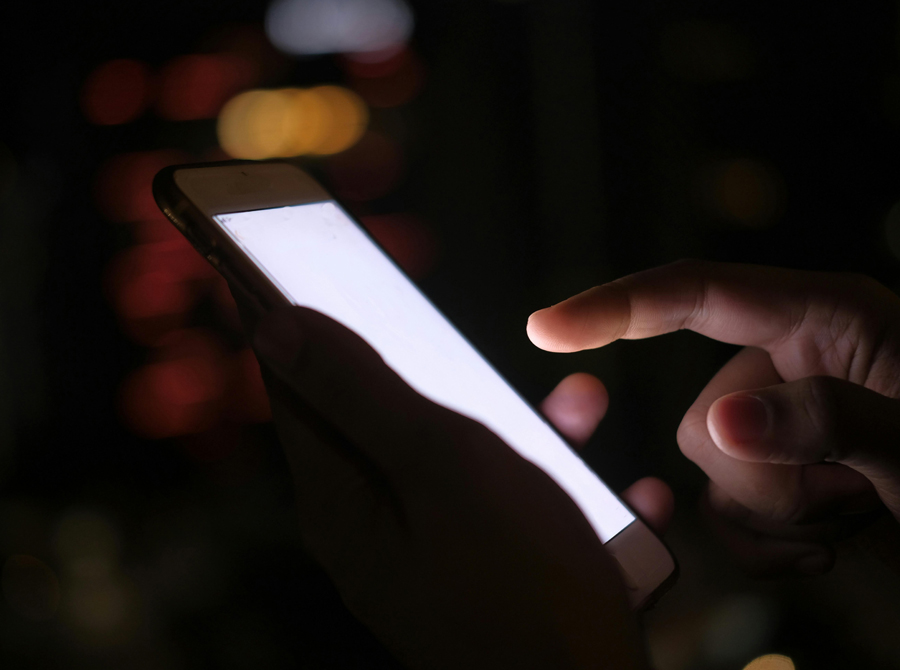Having worked both on the floor and in management in a 911 center, I have a unique perspective on the use of personal electronics in such a critical environment. The debate over allowing personal devices like cell phones, tablets, or the like has intensified in recent years, fueled by high-profile incidents where things went horribly wrong and the ever-present need to balance efficiency and safety (1).
The Pros: Keeping the Mind Engaged
One of the main arguments for allowing personal electronics is the need to keep the brain stimulated. The job is often monotonous, punctuated by bursts of high-stress activity. Maintaining a state of hyper-vigilance during long periods of inactivity is mentally exhausting even when you have had your days off and the recommended 8 hours of sleep. Insert eye roll emoji here. Supporters of this argument will say these electronics are no more distracting than a book, newspaper, or even a training article, and they’re not wrong.
In my experience, a brief distraction can sometimes be beneficial. It can provide a mental break that helps renew focus. The key is moderation and ensuring that these distractions do not interfere with the ability to respond quickly and effectively when a call does come in.
The Cons: The Risk of Deadly Distractions
However, the risks associated with personal electronics in a 911 center are significant and cannot be ignored. The tragic case of a 911 dispatcher distracted by their cell phone during an emergency call, leading to a patient’s death, highlights the potential consequences of divided attention (2). This incident underscores the life-and-death stakes of our work and the critical importance of undivided focus.
Moreover, the liability concerns for public entities are growing. According to Rhonda Ross (3), an expert in insurance and risk management for public sector clients, jury awards against public entities are on the rise. She points out that there is growing hostility towards public officials and more rigidity in underwriting, making it increasingly likely that insurance providers will start imposing stricter guidelines to limit distractions in 911 centers. It’s only a matter of time before insurance premiums increase or new addendums are added to policies, specifically addressing the use of personal electronics.
Navigating these challenges requires a careful balance. The need to stay mentally engaged during slow periods is legitimate, but it must be weighed against the potential for dangerous distractions. The challenge is finding ways to keep dispatchers’ minds stimulated without compromising their ability to respond instantly and effectively to emergencies.
There are benefits of allowing certain low-risk distractions, such as reading materials related to professional development or non-intrusive background music. However, it’s clear that more interactive or engaging activities, like games or personal texting, pose too great a risk.
The debate over personal electronics in the 911 center is far from settled. While the need to keep our brains stimulated is hard to argue against, the potential for deadly distractions cannot be ignored. As the landscape of public sector insurance evolves, it is likely that policies will become stricter, emphasizing the need for undivided attention in this critical field. Finding a balance that ensures both mental engagement and unwavering focus will be essential as we navigate these challenges.
One way to keep dispatchers engaged is to provide them with interesting training opportunities that they can take advantage of at their consoles. Police Legal Sciences specializes in providing real life training in and online format. Our lessons break down real life 9-1-1 calls and explain the good, bad, and the ugly behind the incident. Our training provides interesting articles and video clips about topics related to the 9-1-1 call and helps a dispatcher expand their knowledge base. If your center is looking for ways to keep their dispatchers engaged and motivated to provide excelled service, click on the “Contact Us” like to request a free demo of our training.
by: Jon Stueve ORCEMS
Jon Stueve ORCEMS has over 30 years of experience in public safety communications. He holds an Advanced Telecommunications and Supervisor certificates through the State of Oregon, as well as the Continuity of Operations Practitioner (COOP) and the Telecommunicator Emergency Response Taskforce (TERT) certifications through the Federal Emergency Management Agency (FEMA).

